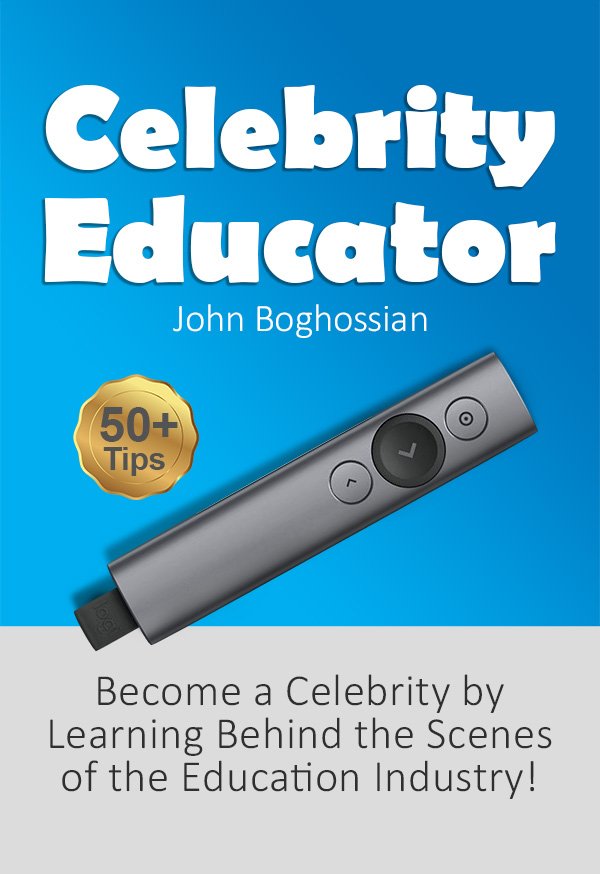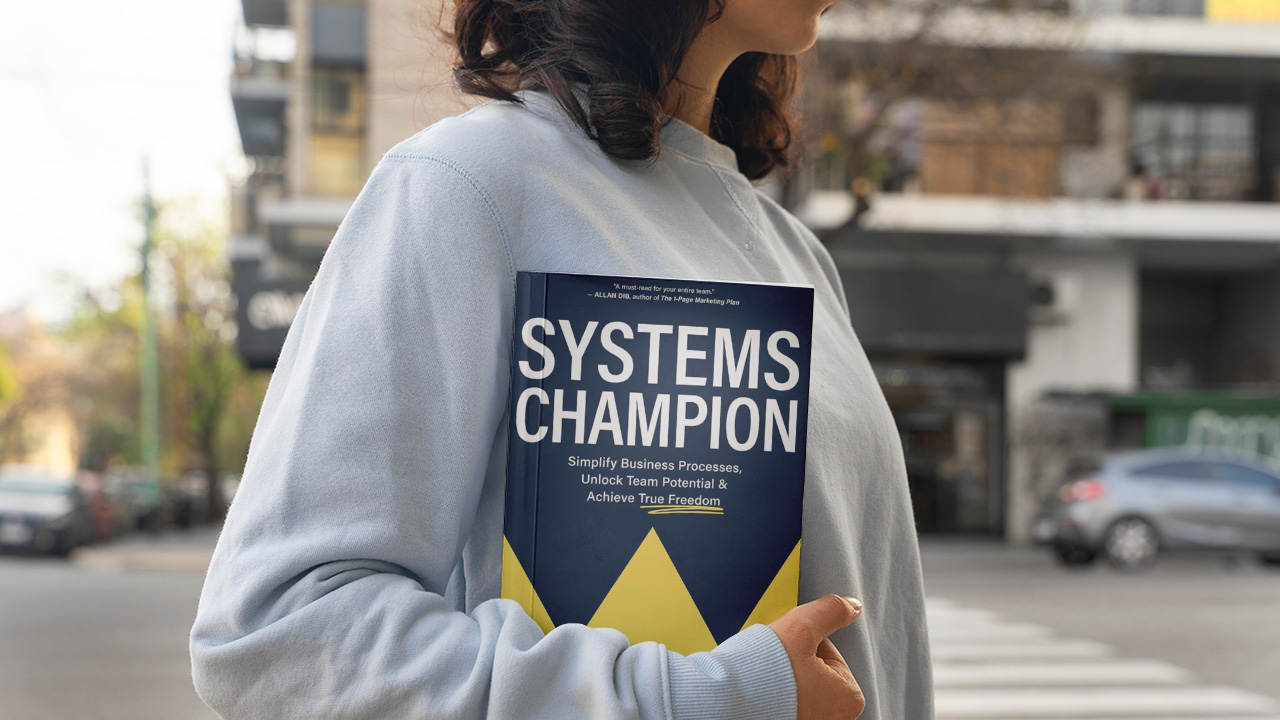Contents
Just imagine the value you could add to your info product by interviewing seasoned experts in your field. This powerful method allows you to tap into insider knowledge and provide unique insights to your audience, enhancing your credibility and authority. In this guide, you’ll learn how to effectively connect with and interview experts, ensuring that you can transform their wisdom into valuable content. For more on mastering this skill, check out cf #67: a key skill to master in the next 6 months – by fio.
Understanding the Value of Expert Knowledge
For creators of information products, tapping into expert knowledge can be a transformative approach. Experts bring a wealth of experience and insights that can not only enhance your content but also lend it unparalleled credibility. By leveraging their understanding, you can provide your audience with accurate and actionable information, significantly enriching the value of your product.
Benefits of Interviewing Experts
Even a single interview with the right expert can elevate your information product beyond what you could have achieved alone. Experts offer unique perspectives, real-life experiences, and invaluable strategies that make your content more compelling. Additionally, featuring well-known authorities can boost your product’s visibility and attract a larger audience.
Identifying the Right Experts to Approach
With the vast array of professionals available, pinpointing the right experts to approach is vital. Look for individuals who hold a strong reputation within your niche and possess proven expertise. Focus on those whose work resonates with your audience’s interests, as they’ll provide the most relevant and impactful insights for your information product.
To effectively identify the right experts, you should conduct thorough research within your field. Utilize platforms like LinkedIn, industry blogs, and social media to uncover leaders whose knowledge aligns with your content goals. Prioritize experts who have a track record of engaging with your target audience and who express enthusiasm for sharing their expertise. Building a relationship with experts who actively contribute to your niche can greatly enhance the value of your product, making your outreach more favorable and effective.
How to Prepare for Expert Interviews
One of the most important steps in conducting expert interviews is thorough preparation. This ensures you make the most of the time you have with the expert and gather valuable insights for your info product. Begin by defining your goals for the interview, including the specific information you aim to extract. Familiarizing yourself with the expert’s work, recent publications, and relevant industry trends will also help you ask pointed and insightful questions that lead to meaningful conversations.
Crafting Your Interview Questions
While preparing your questions, focus on open-ended inquiries that encourage detailed responses. Aim for a blend of general and specific questions—set the stage with broader queries before submerging into more targeted topics. This approach not only promotes a comfortable dialogue but also helps you uncover deeper insights. Tailor your questions to reflect your understanding of their expertise and the challenges they face in their field.
Researching Your Experts’ Backgrounds
On the other hand, understanding the background of your expert can significantly enhance the quality of your interview. Familiarize yourself with their previous work, accolades, and contributions to their field. This knowledge allows you to ask contextually relevant questions and build rapport, making the expert feel valued and respected during the conversation.
A good background research can also reveal key experiences or challenges that an expert has encountered throughout their career. This insight not only enriches your understanding of their perspective but may also uncover unique angles or audience needs relevant to your info product. Pay close attention to their most notable achievements and any controversies that may provide a deeper context for their current viewpoints. This groundwork ensures that you can engage meaningfully, creating an environment that fosters insightful and informative exchanges.
Conducting the Interview
The success of your information product heavily relies on how well you conduct the interview. Preparation is key; create a list of targeted questions that encourage open-ended responses from your expert. Stay engaged and adaptable to redirect the conversation as new, valuable insights arise. This approach not only enriches your content but also fosters a collaborative atmosphere.
Best Practices for a Successful Dialogue
On your journey to conduct effective interviews, focus on asking open-ended questions that allow your expert to share their thoughts comprehensively. Actively listen and provide feedback, which will encourage a natural flow of ideas. Make sure to avoid interrupting the speaker, and use follow-up questions to examine deeper into significant points, revealing richer content for your audience.
Building Rapport and Trust with Experts
While interviewing, building rapport with your expert is vital for a productive exchange. Establishing trust encourages them to share authentic insights which can enrich your information product.
It’s important to create an environment of comfort and respect during your interview. Start with personal anecdotes or shared interests to break the ice, making the conversation feel more relaxed. As the expert begins to trust you, they’re more likely to open up and share valuable insights that can elevate your content. Maintain a professional demeanor while also showcasing genuine interest in their expertise; this balance fosters a connection that can lead to more meaningful dialogues. Building this rapport can not only enhance the quality of your interview but also pave the way for future collaborations.
Leveraging Interview Insights for Your Info Product
Now that you have gathered rich insights from experts, it’s time to harness this knowledge to enhance your info product. By effectively incorporating their perspectives and experiences, you can create content that adds value and resonates with your audience. You’ll not only increase the credibility of your product but also provide readers with diverse viewpoints that enrich their understanding of the subject. Let these expert insights guide your message and distinguish your offering in the marketplace.
Integrating Expert Knowledge into Your Content
For successful integration of expert knowledge, ensure that the insights flow seamlessly within your narrative. Use quotes and paraphrased content to reinforce your main points, illustrating complex ideas while maintaining your unique voice. This combination can provide both authority and depth to your content, making it more engaging and informative for your audience.
Citing Experts and Maintaining Credibility
With the inclusion of expert opinions in your work, it’s vital to cite them appropriately to maintain credibility. Always attribute quotes and facts to their original sources, as this practice enhances transparency and trustworthiness. By doing this, you provide your audience with pathways to explore further and validate the information presented.
It’s crucial to keep in mind the importance of validating your claims through expert sources. Citing authoritative figures not only strengthens your arguments but also protects you from potential plagiarism issues. When you properly reference experts, you create a bond of trust with your readers, showing that your insights are grounded in reliable knowledge. This approach not only enriches your content but also positions you as a thought leader in your niche, enhancing your overall credibility.
Tips for Post-Interview Engagement
After completing your interviews, focus on maintaining a connection with your experts. This can lead to future collaborations and deeper insights. Consider these suggestions:
- Send a personalized thank-you note.
- Share valuable content that aligns with their expertise.
- Keep them updated on how their insights were used.
This approach not only strengthens your relationship but also positions you as a credible resource. For more on maximizing connections, check out Leverage Informational Interviews for Marketing Success.
Following Up with Experts
One effective way to fortify your relationships is by following up promptly after the interview. Reach out within a week to express your gratitude, share the outcomes of the interview, and discuss any potential opportunities for collaboration, as this will keep you on their radar.
Promoting the Collaboration
While it’s imperative to nurture your relationships, promoting your collaboration takes that connection to the next level. By showcasing your work together, you not only extend your reach but also reaffirm your rapport with the expert. This will enhance your credibility and draw in more interest from your audience.
The more exposure you give to your collaboration, the better results you can achieve. Share quotes and insights from the expert on your platforms, create joint content, and even consider hosting webinars together. Utilizing these strategies will create a win-win scenario, as you’ll attract more attention while showcasing the expert’s credibility and insights, building both your authority in the field.
Factors to Consider for Effective Knowledge Transfer
Unlike traditional knowledge sharing, effective knowledge transfer involves strategic planning and consideration of various factors. Key elements to contemplate include:
- Clear communication goals
- Effective delivery methods
- Audience engagement techniques
- Feedback mechanisms
Recognizing these factors can significantly enhance the quality of knowledge you acquire and impart.
Timing and Context of Information
Consider the timing and context in which you gather information. Aligning your interviews with current events or industry trends can significantly enhance the relevance and applicability of the insights you obtain. Adjusting the timing of your approach can lead to more meaningful and context-specific responses.
Audience Understanding and Relevance
An understanding of your audience is paramount for effective knowledge transfer. Tailoring your content to meet their needs ensures that your shared knowledge resonates deeply. When you recognize who will consume your information, you can prioritize relevance and transparency, making the insights more applicable and digestible.
Information shared without considering your audience’s specific needs can lead to confusion or disengagement. You must focus on the context your audience operates within to deliver important insights. Perhaps they’re after practical applications rather than theoretical concepts. If you fail to align your content with their expectations, you risk losing their attention. By addressing their needs and maintaining a clear, focused dialogue, you significantly increase the likelihood of a productive knowledge exchange.
Conclusion
From above, you can see how interviewing experts can significantly enhance your info product by tapping into their vast knowledge and experience. By strategically preparing your questions and actively listening, you can gather valuable insights that resonate with your audience. Make sure to leverage these insights effectively to create a meaningful product. To further deepen your understanding, check out Access to Experts: Seven Steps to Leveraging ….








